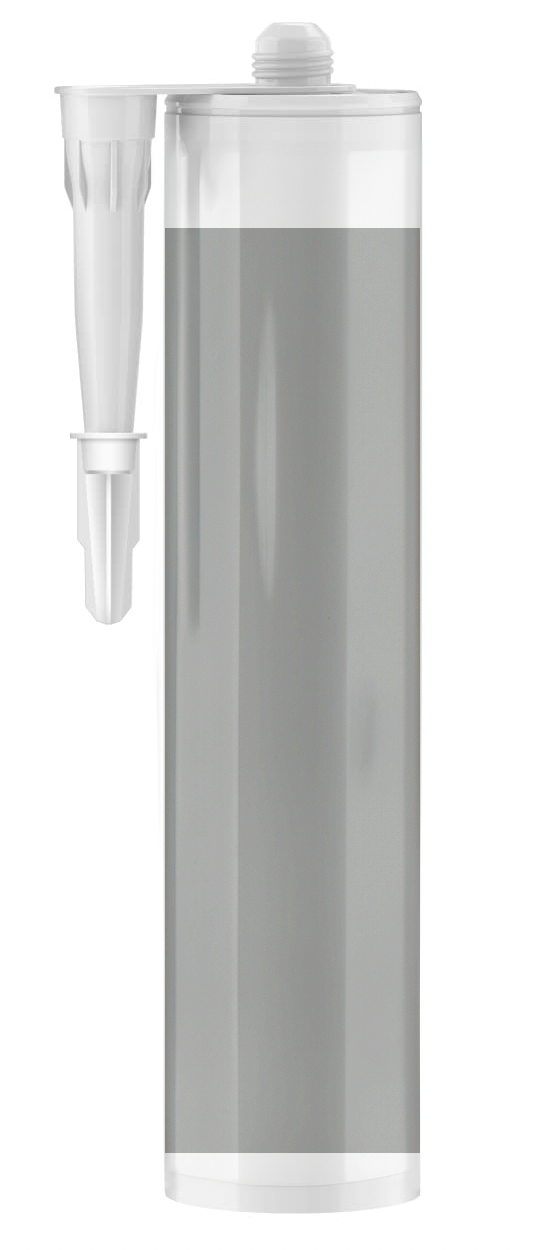ISR 70-03-FR | Silyl Modified Polymers (SMP)
Harmonization Code : 3907.30.00.85 | Polyacetals, other polyethers and epoxide resins, in primary forms; polycarbonates, alkyd resins, polyallyl esters and other polyesters, in primary forms : Epoxide resins : Other
Main features
- EN 45545 fire safety standards
- Meets the highest hazard level 3
- Permanent elastic within temperature range -40°C to 100°C
Product Description
ISR 70-03-FR SMP adhesive/sealant based technology that anticipates on the latest fire protection legislation, meeting the highest hazard levels according to the European standard EN 45545. It is developed for mass transit industry, which complies with interior and exterior sealing requirements for all design and operation categories as described in EN 45545.
ISR 70-03-FR demonstrates mechanical properties necessary for elastic bonding, suitable for elastic constructions in industrial applications. It has excellent resistance to UV, weather and temperature and are free of solvents, isocyanates and silicone. These products exhibit a very good adhesion performance on a wide variety of substrates (limited or no pre-treatment necessary).
Technical Specifications
| General Properties | |
| Appearance Appearance Appearance at room temperature. | Grey |
| Density (g) | 1.4 g/cm3 |
| Mechanical Properties | |
| Elongation Elongation Elongation is the process of lengthening something. It is a percentage that measures the initial, unstressed, length compared to the length of the material right before it breaks. It is commonly referred to as Ultimate Elongation or Tensile Elongation at break. | 200 % |



